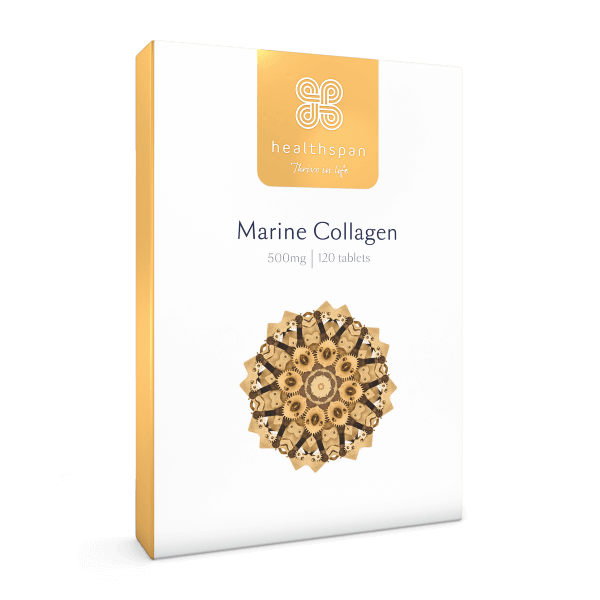There's a good reason for the term 'beauty sleep' as this is when your skin rejuvenates, recovers from the day and cells repair themselves.
Well-rested skin looks plumper, feels supple and hydrated and has a brighter tone too, making you appear younger. A lack of sleep - even a few nights - can give you dark circles, dull skin, puffy eyes and less elastic, more wrinkled skin.
What happens to your skin while you sleep?
During the day, your skin has to work hard to fight off environmental aggressors such as sunlight, pollution, cold winds and harsh central heating. At night, when you sleep, your skin gets a break and can concentrate on the job of repairing and renewing its cells and tissues.
While you sleep, your skin is busy processing nutrients, renewing dead cells and getting rid of toxins and waste.
Your skin cells renew themselves at a faster rate during the night, and production of collagen is boosted, too.
How skin repairs and rejuvenates
Your skin is made up of two layers. The epidermis is the top layer and the dermis is the lower one. The stratum corneum makes up the surface layer of the epidermis, which is the visible part of your skin, and its job is to keep moisture locked in and germs, dirt and pollutants out.
The cells in the top layer are the oldest cells in the skin renewal cycle and are shed from this layer. The process of skin cell renewal is continuous and takes 28 days to complete. The newest cells from the lower layers gradually make their way to the stratum corneum, where they are shed.
There are no blood vessels in the epidermis. Skin relies on a supply of blood cells in the dermis for oxygen and nutrition, plus removal of toxins.
The skin's support system, which gives it strength and suppleness, is in the dermis. It's here you find collagen and elastin fibres. Collagen is a protein and gives our skin strength, while elastin fibres keep it supple and elastic.
How lack of sleep shows in your skin
If you regularly don't get enough sleep, your skin can look prematurely aged. A study found that poor sleepers were less able to recover quickly from sun exposure and their skin was more dehydrated than those who slept well.
A Swedish study found sleep-deprived people had dark circles, swollen eyes and eye bags, as well as more sallow and drier skin.
Another study found poor sleepers showed more signs of ageing, including fine lines, uneven pigmentation and less supple skin. Researchers concluded that poor sleep quality can speed up skin ageing and weaken the skin's ability to repair itself.
Skin under our eyes is thinner than on the rest of our face, and this thins further with age. Lack of sleep can accelerate this and accentuates darker skin pigment under our eyes.
How much sleep does skin need?
If you're aged between 18 and 65, seven to nine hours sleep a night is recommended to allow skin to repair and rejuvenate. If you're over 65, seven to eight hours sleep should be enough as your need for sleep drops as you get older.
What else helps your skin?
- Antioxidant-rich foods: These will help fight off ageing, free-radical damage from UV light and pollution. These are found in fruit and vegetables, wholegrain foods, eggs and dairy products.
- Giving up smoking: Smoking reduces the blood flow to your skin, depriving it of oxygen and nutrients, making it look dull and sallow. It breaks down collagen and makes skin less elastic.
- Making time for relaxation: If you struggle with insomnia, it's important to make time to relax in the evenings as this will help you sleep.
- Thorough cleansing before bed: Removing dirt and make up which clog pores and applying moisturiser before bed will help boost your skin's overnight repair.
Supplements for healthy skin
- Collagen supplements can help encourage collagen repair while you sleep.
- Vitamins C and D are important for normal collagen function to keep skin supple.
- Vitamin E is a powerful antioxidant which helps the skin to fight off the day's damage while you sleep.

Marine Collagen
Support for your skin, bones and joints
- High levels of hydrolysed marine collagen
- Low molecular weight to aid absorption
- Added vitamin C to support collagen formation






